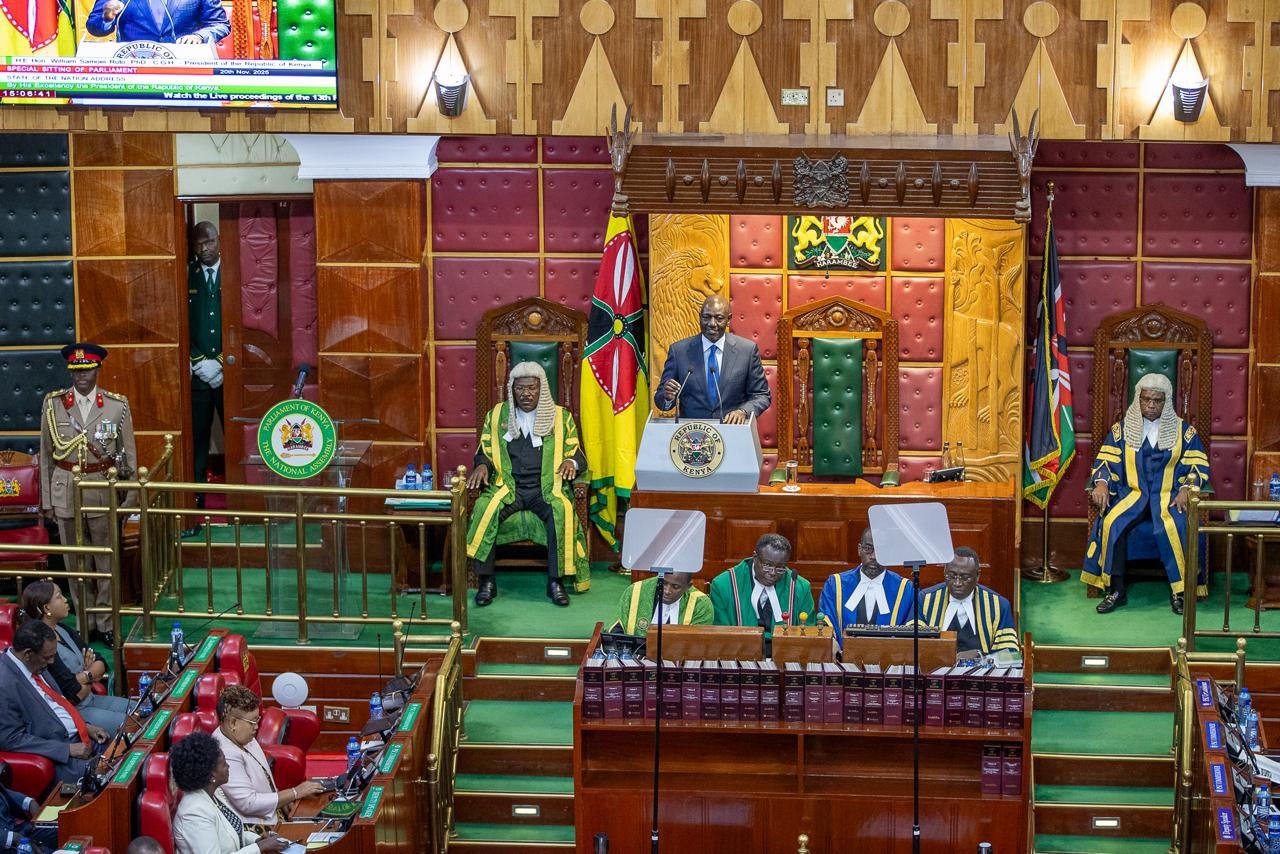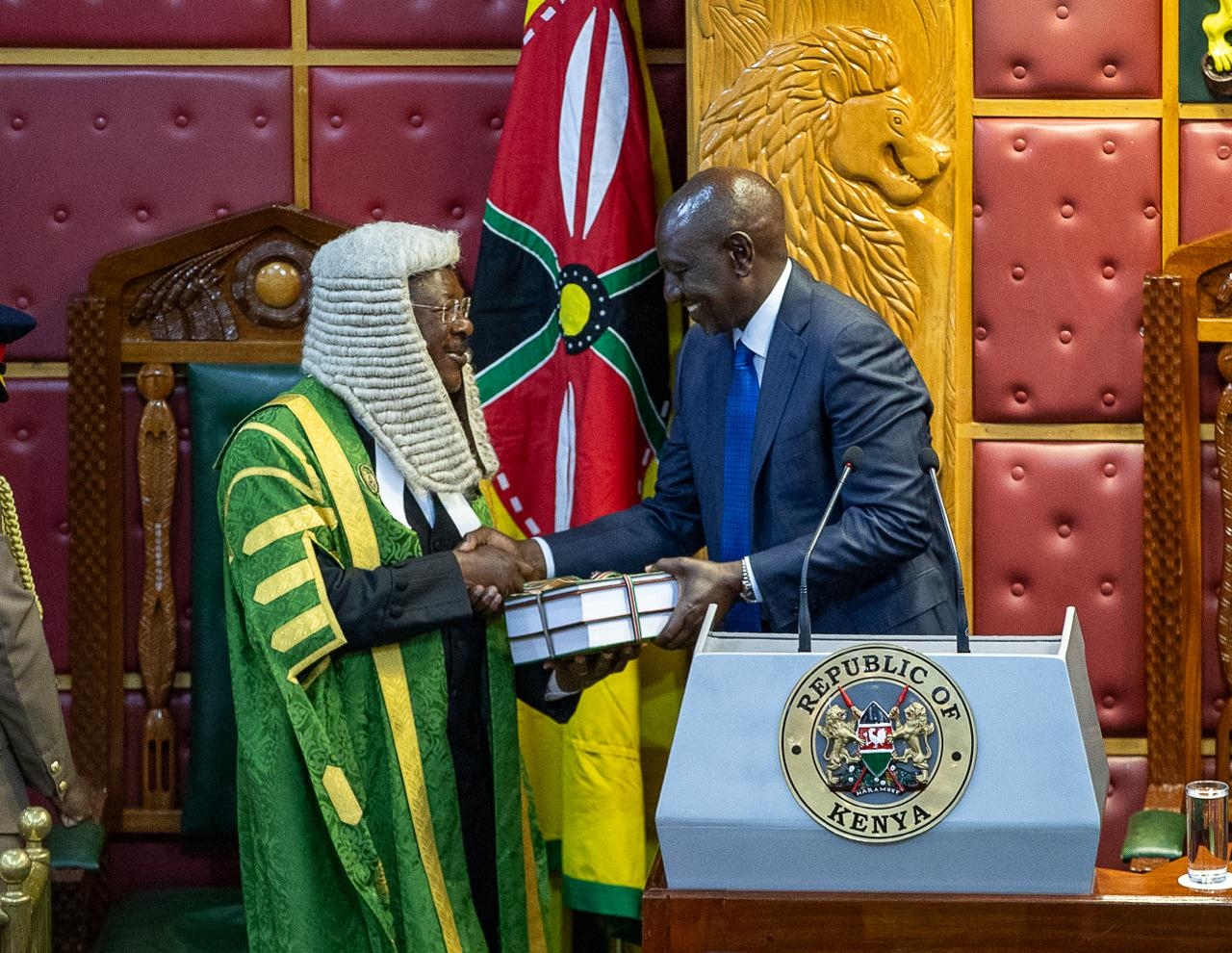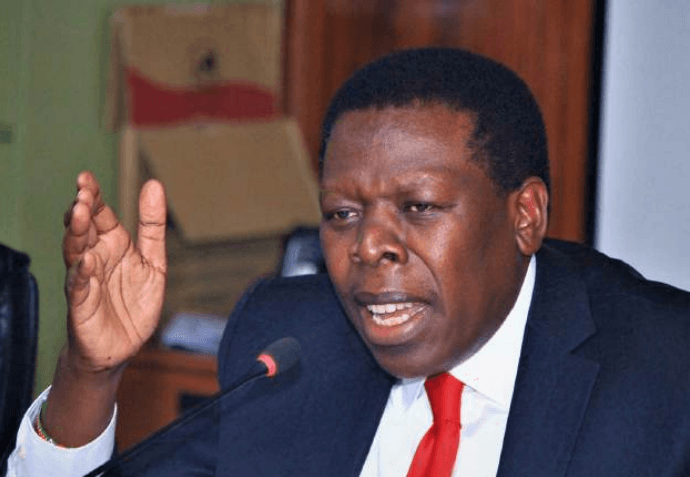Kasneb has proposed a number of policies that the examinational council can adopt to improve national exam administration.
Kasneb CEO Richard Leting said the new policies, which should including thorough vetting of exam administrators, can go a long way in curbing exam cheating.
Leting said the Kenya Accountants and Secretaries National Examinations Board conducts regular checks on its staffers using state agencies like NIS and DCI.
"We do a background check and when we find something suspicious, we reject the application," he said.
While noting that KNEC administers exams to millions of students within just one month, Leting suggested KNEC can adopt the new policy in cheating hot spots.
He further said that the human resource aspect plays a key role in ensuring that examiners are not easily persuaded to abate cheating.
"At Kasneb, we pay our examiners on time. If they finish marking on Friday by the time the report is out on Monday, they have their pay,"Leting said.
He was speaking when he appeared as an examination management expert before the National Assembly's Education committee.
Leting added that Kasneb changes examiners every three years after thorough vetting by the National Intelligent Service.
"Our officers pick exams just before the session that is in the morning and in the afternoon, "he said.
KNEC officials have over the years decried early exposure as the main problem facing administration of national exams.
This is because question papers are picked from the containers in the morning for the whole day's exams.
In KNEC, teachers apply to be exam administrators and the period for which one can apply for the job is unlimited.
In 2022, KNEC engaged 96,331 contracted professionals including 9,172 supervisors, 49,131 invigilators, 10,516 center managers, 21,078 security officers, 2,319 drivers, 3,273 exam management directors, 356 data captures and 486 clerks.
















![[PHOTOS] Betty Bayo laid to rest in Kiambu](/_next/image?url=https%3A%2F%2Fcdn.radioafrica.digital%2Fimage%2F2025%2F11%2F3b166e2e-d964-4503-8096-6b954dee1bd0.jpg&w=3840&q=100)
